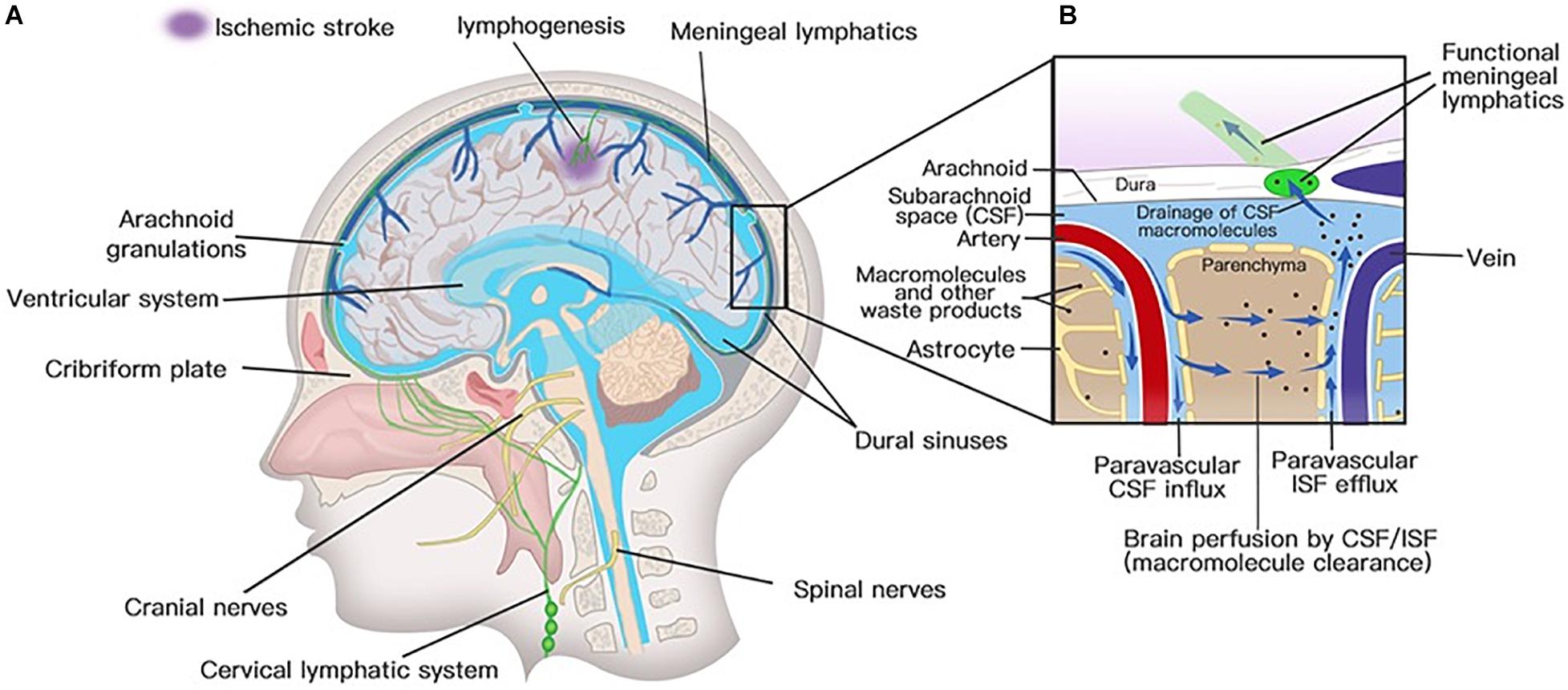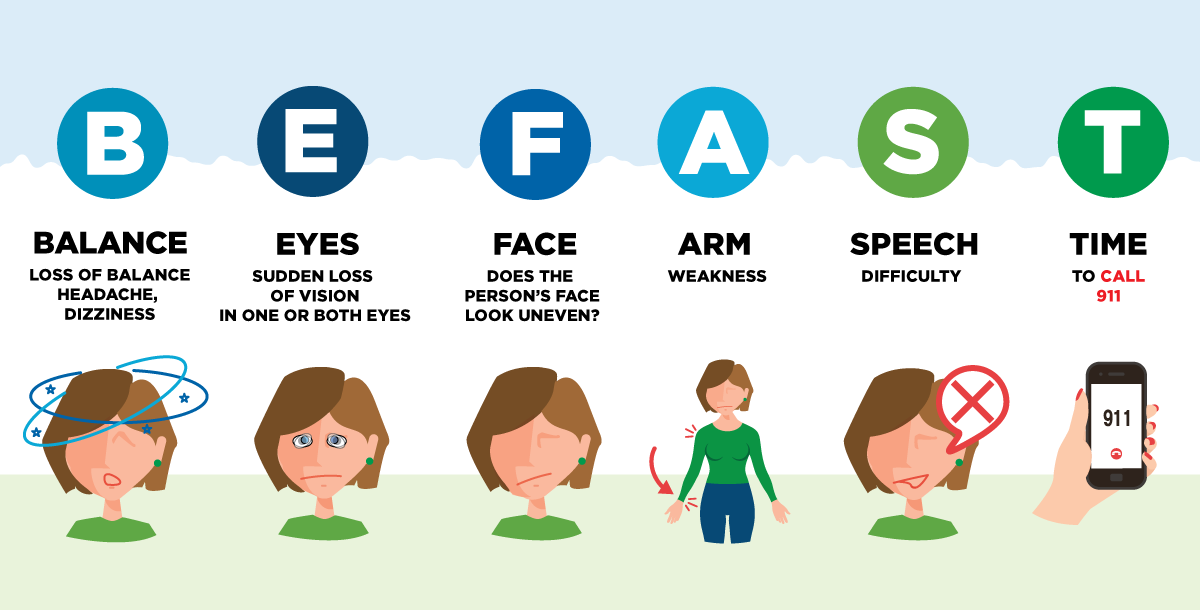Understanding Strokes Causes, Symptoms, and Treatment
Table of Contents this article
1. Introduction
2. Types of Strokes
2.1 Ischemic Stroke
2.2 Hemorrhagic Stroke
2.Three Transient Ischemic Attack (TIA)
three. Recognizing Stroke Symptoms
3.1 Face
3.2 Arms
3.3 Speech
3.Four Tim
4. Positive Trends and Effective Treatments
5. Conclusion
6. Additional Resources
Introduction:
Ischemic strokes are normally resulting from a blood clot blocking off an artery in the brain. Hemorrhagic strokes occur while a weakened blood vessel ruptures and bleeds into the mind. This article delves into the underlying motives for strokes and emphasizes the significance of well-timed reputation and remedy.
Types of Strokes:
2.1 Ischemic Stroke
Cause: Ischemic strokes are in standard because of a blockage or clot in a blood vessel supplying blood to the thoughts, fundamental to constrained blood flow and oxygen deprivation to mind tissue.
Effect: The consequences of an ischemic stroke can vary relying at the vicinity and severity of the blockage inside the brain. Some commonplace effects encompass.
1. Weakness or paralysis
Often affecting one facet of the body weak spot or paralysis can variety from slight to severe and may affect the face arm or leg.
2. Difficulty speak to me or knowledge speech.
Ischemic strokes can impair conversation capabilities main to trouble talking slurred speech or hassle know-how language.
3. Vision problems
Vision can be impaired together with blurred or double imaginative and prescient loss of vision in one or both eyes or difficulty with spatial cognizance.
4. Cognitive impairment
Strokes can affect cognitive functions including memory reasoning interest and problem-solving skills.
5. Sensory adjustments
Individuals may also experience tingling numbness or loss of sensation in elements of the frame affected by the stroke.
6. Coordination and stability difficulties
Strokes can disrupt coordination and stability making it difficult to stroll or perform daily tasks.
7. Emotional and behavioral changes
Stroke survivors may additionally revel in emotional adjustments which include despair anxiety or modifications in temper and behavior.
8. Swallowing difficulties
Some people may also have issue swallowing (dysphagia) which could lead to headaches consisting of aspiration pneumonia.
These results can range from temporary to everlasting, and the volume of recovery relies upon on various factors inclusive of activate medical intervention rehabilitation efforts and character fitness factors.
Visual Metaphor:
Visualizing ischemic stroke with a metaphor imagine a river all at once blocked via a dam. The float of water representing blood is confined inflicting a buildup and eventual overflow in certain regions main to damage. In the equal manner an ischemic stroke happens while a clot or blockage obstructs blood flow to part of the mind ensuing in tissue harm and neurological deficits.
2.2 Hemorrhagic Stroke
Causes of Hemorrhagic Stroke Hemorrhagic strokes can be due to various factors along with 1. High Blood Pressure (Hypertension) Prolonged high blood stress can weaken blood vessel walls making them extra liable to rupture. 2. Aneurysms Weak spots in blood vessel partitions can balloon out and eventually burst, inflicting bleeding into the brain. 3. Arteriovenous Malformations (AVMs) Abnormal tangles of blood vessels inside the mind can rupture and motive bleeding.
4. Blood-thinning Medications Certain medicines that reduce blood clotting can boom the hazard of bleeding inside the brain if no longer carefully managed. 5. Head Trauma Severe head injuries can harm blood vessels and result in bleeding in the mind.
Effects of Hemorrhagic Stroke The consequences of a hemorrhagic stroke can be devastating and may consist of: 1. Neurological Deficits Bleeding within the mind can harm brain tissue main to weak spot or paralysis on one aspect of the frame hassle communicate to me or information speech vision adjustments and cognitive impairment. 2. Increased Intracranial Pressure Blood clots in the brain can lead to increased stress in the skull, which can cause comparable damage and perhaps fatal consequences.
3. Brain Herniation In severe instances, the stress from bleeding can cause brain tissue to shift or herniate, compressing essential brain structures and impairing neurological feature. 4. Long-Term Disability Depending at the severity and region of the bleeding, people may additionally enjoy long-term physical and cognitive disabilities that require widespread rehabilitation and support.
5. Mortality Hemorrhagic strokes can be fatal, mainly if not directly recognized and dealt with. Even with treatment, the risk of dying is higher as compared to ischemic strokes. 2. Three brief instances of an ischemic attackDescription of Transient Ischemic Attack (TIA) A temporary ischemic assault (TIA) regularly known as a mini stroke is a brief disruption of blood drift to the brain. Unlike a full-blown stroke a TIA generally lasts only a few minutes and causes no permanent harm. However, it serves as a caution sign that a greater excessive stroke may want to occur within the future if left untreated.
Visual Metaphor
Imagine a site visitors mild flickering momentarily before turning purple. In this metaphor, the traffic mild represents the waft of blood to the brain. During a TIA there may be a short interruption in this glide like the flickering light signaling a transient halt in visitors. While the disruption is fleeting
and traffic resumes shortly after it serves as a caution of ability congestion or injuries ahead if not addressed. Similarly, a TIA warns of underlying vascular issues that could cause a primary stroke if now not controlled right away.
Recognizing Stroke Symptoms
Ask them to repeat a simple word. Is their speech slurred or extraordinary from traditional?
3. Four Time
Urgency: If any of these signs and symptoms are found, name 911 or emergency scientific help right away. Every minute counts—the longer a stroke goes untreated the greater the capacity for brain harm and disability.
Positive Trends and Effective Treatments
The exact information is that fewer Americans die from strokes now than inside the past, thanks to improvements in scientific remedies that help prevent incapacity because of strokes. Prompt scientific interest is crucial in stroke emergencies.
Conclusion
Strokes are medical emergencies that require instant attention. By staying vigilant raising attention, and always gaining knowledge about strokes we will shield our superb brains.
Additional Resources
For greater records discover reliable assets like the Mayo Clinic and the National Heart Lung and Blood Institute (NHLBI).







No comments:
Post a Comment